![]()
![]()
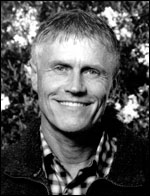
Paul Hawken (19??)
Joseph Stiglitz (1943) is best known for his critical view of globalization and international
institutions
like the International Monetary Fund while holding the extremely influentialpositions as Senior Vice President and Chief Economist of the World Bank
Bruno Frey (1941) is best known for his critique of Homo economicus or economic man,
arguing that it places excessive emphasis on extrinsic motivation rather than intrinsic motivation

David Korten (19??)

Robert Emerson Lucas (1937) changed the foundations of macroeconomic theory (previously dominated
by the Keynesian economics approach), arguing that a macroeconomic model should have micro-foundations
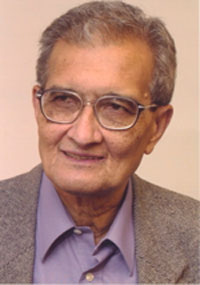
Amartya Sen (1933)
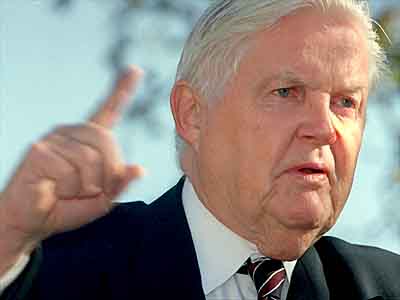
Robert Mundell (1932) the Mundell-Friedman debate about fixed
exchange rates
and a world currency led to the creation of the Euro
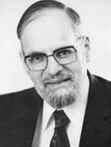
Israel Kirzner (1930)
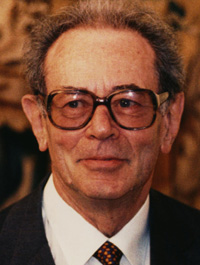
JŠnos Kornai (1928) one of the one of the most respected specialists on the workings
of the socialism and communism economic systems and one of their harshest critics

Alan Greenspan (1926)
Kenneth Arrow (1921)
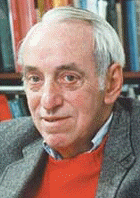
James Tobin (1918-2002) developed the idea of a tax on all foreign exchange
transactions in order to fund projects for the benefit of developing countries
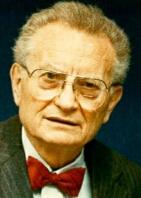
Paul Samuelson (1915) popularized the Balassa-Samuelson effect, the Heckscher-Ohlin model, and
the Lindahl-Bowen-Samuelson conditions which are criteria for deciding whether an action will improve welfare
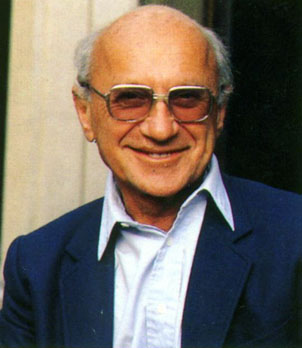
Milton Friedman (1912)
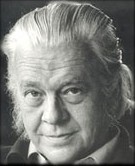
Fritz Schumacher (1911-1977) author of "Small is Beautiful"
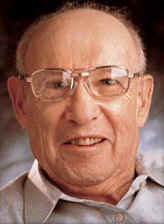
Peter Drucker (1909-2005)
Aurelio Peccei (1908-1984) was the founder and first president of the Club of Rome
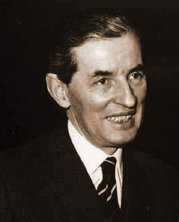
Jean Fourastiť (1907-1990)
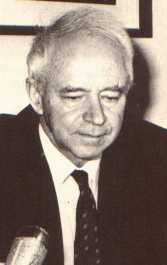
Colin Clark (1905-1989) pioneered the use of the gross
national product as the basis for studying national economies
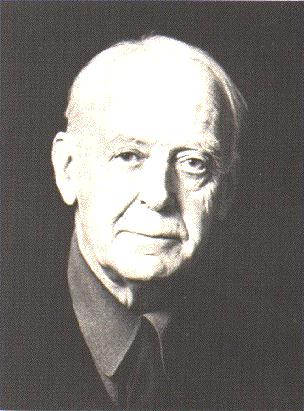
John Hicks (1904-1989)
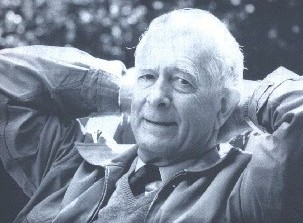
Bertil Ohlin (1899-1979) developed the Heckscher-Ohlin model,
the standard mathematical model of international free trade
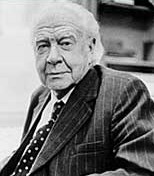
Lionel Charles Robbins (1898-1984) proposed one of the early contemporary definitions of economics,
"Economics is a science which studies human behavior as a relationship
between ends and scarce means which have alternative uses"
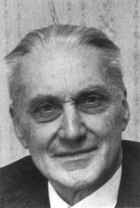
Ragnar Frisch (1895-1973) coined a number of new words including econometrics
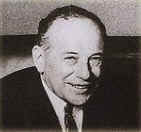
Benjamin Graham (1894-1976)
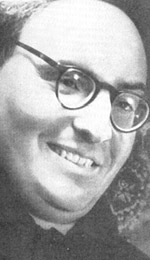
Nikolai Dmitriyevich Kondratiev (1892-1938) proposed the theory that Western capitalist
economies have long term (40-60 year) cycles of boom followed by depression.
These cycles are now called "Kondratiev waves"
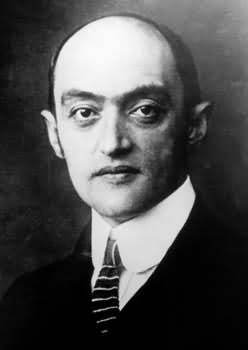
Joseph Alois Schumpeter (1883-1950) was a 20th century economist and one of the best read
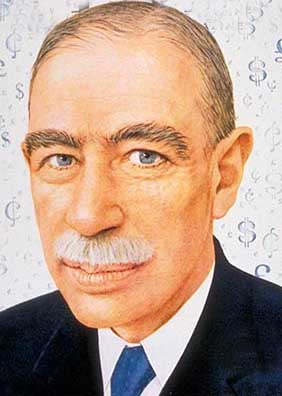
John Maynard Keynes (1883-1946) started the study of macroeconomics
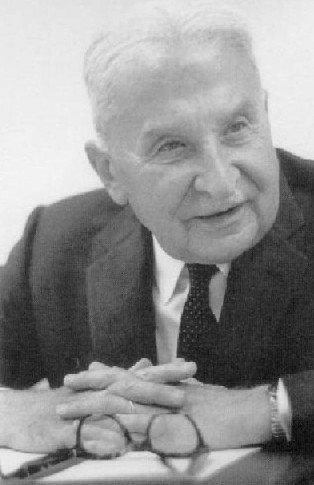
Ludwig von Mises (1881-1973) argued in "On economic calculation in the socialist
commonwealth." that economics was an a priori science like mathematics, logic or
geometry, moreover, economics was just a part of a larger social science, which he
would later call "praxeology" - the logic of human action
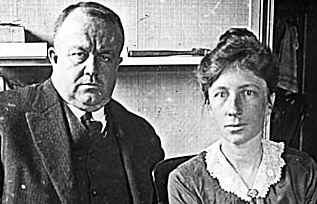
Lillian Moller (1878-1972) and Frank Bunker Gilbreth (1868-1924)
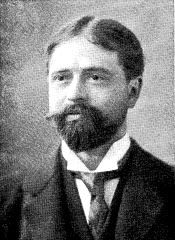
Irving Fisher (1867-1947)
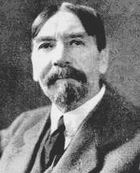
Thorstein Bunde Veblen (1857-1929) his most famous work,
"The Theory of the Leisure Class" is a satiric look at American society
Frederick Winslow Taylor (1856-1915)
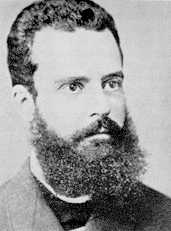
Vilfredo Pareto (1848-1923)
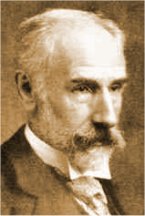
Francis Ysidro Edgeworth (1845-1926)

Alfred Marshall (1842-1924) brought together the theories of supply and demand,
of marginal utility and of the costs of production into a coherent whole

Henry George (1839-1897) was the most influential proponent of the "Single Tax" on land
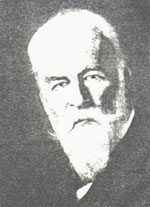
Gustav von Schmoller (1838-1917) was the leader of the "younger" German historical school
of economics and probably the most distiguished Continental economist of the time around 1900
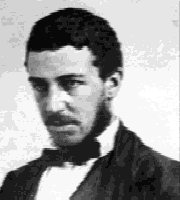
William Stanley Jevons (1835-1882)
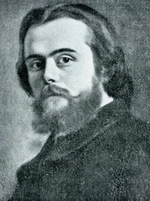
Lťon Walras (1834-1910 considered by Joseph Schumpeter as "the greatest
of all economists",
founded the Lausanne school of economics with Pareto

Herbert Spencer (1820-1903) editor of the economist, coined the phrase
"survival of the fittest" and gave rise to Social Darwinism with his writings
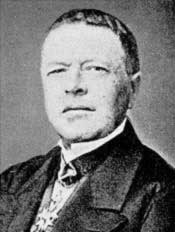
Antoine Augustine Cournot (1801-1877) derived the first formula
for the rule of
supply and demand as a function of price
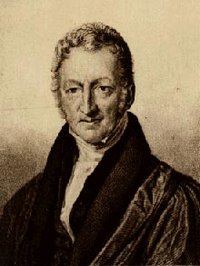
Thomas Malthus (1766-1834)
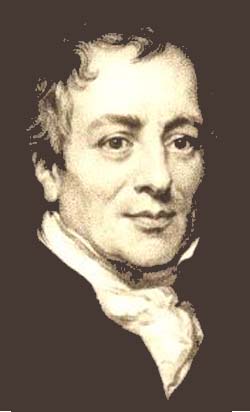
David Ricardo (1772-1823) is often credited with systematizing economics,
and was one of the most influential of the classical economists

Adam Smith (1723-1790)
author of "The wealth of nations", attemptedto show how virtue and liberty can complement eachother,
John Law (1671-1729)
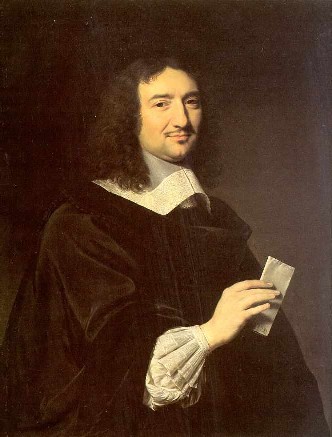
Jean-Baptiste Colbert (1619-1683)
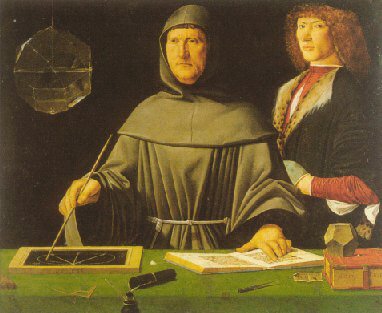
Luca Pacioli (1445Ė1514)